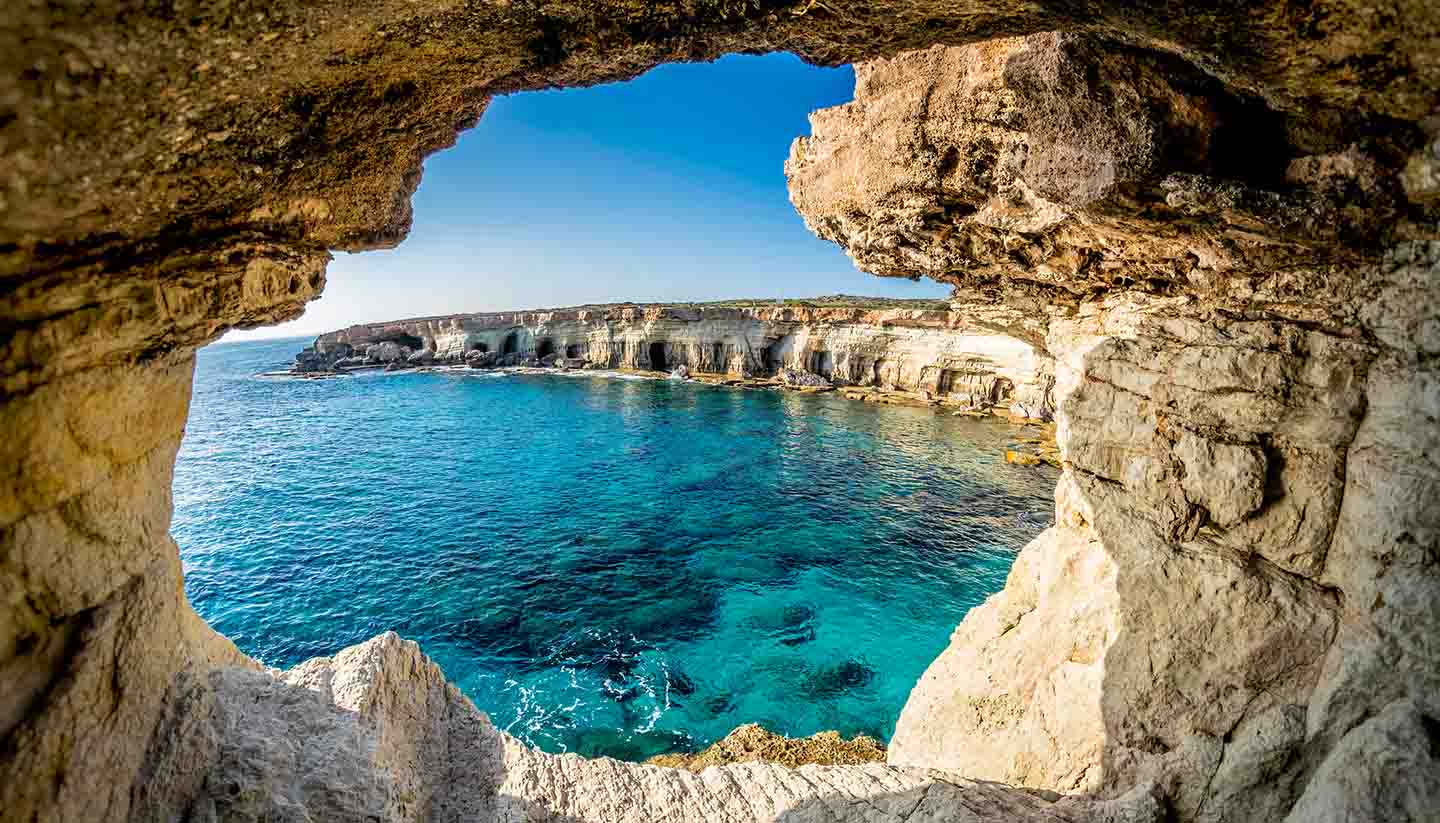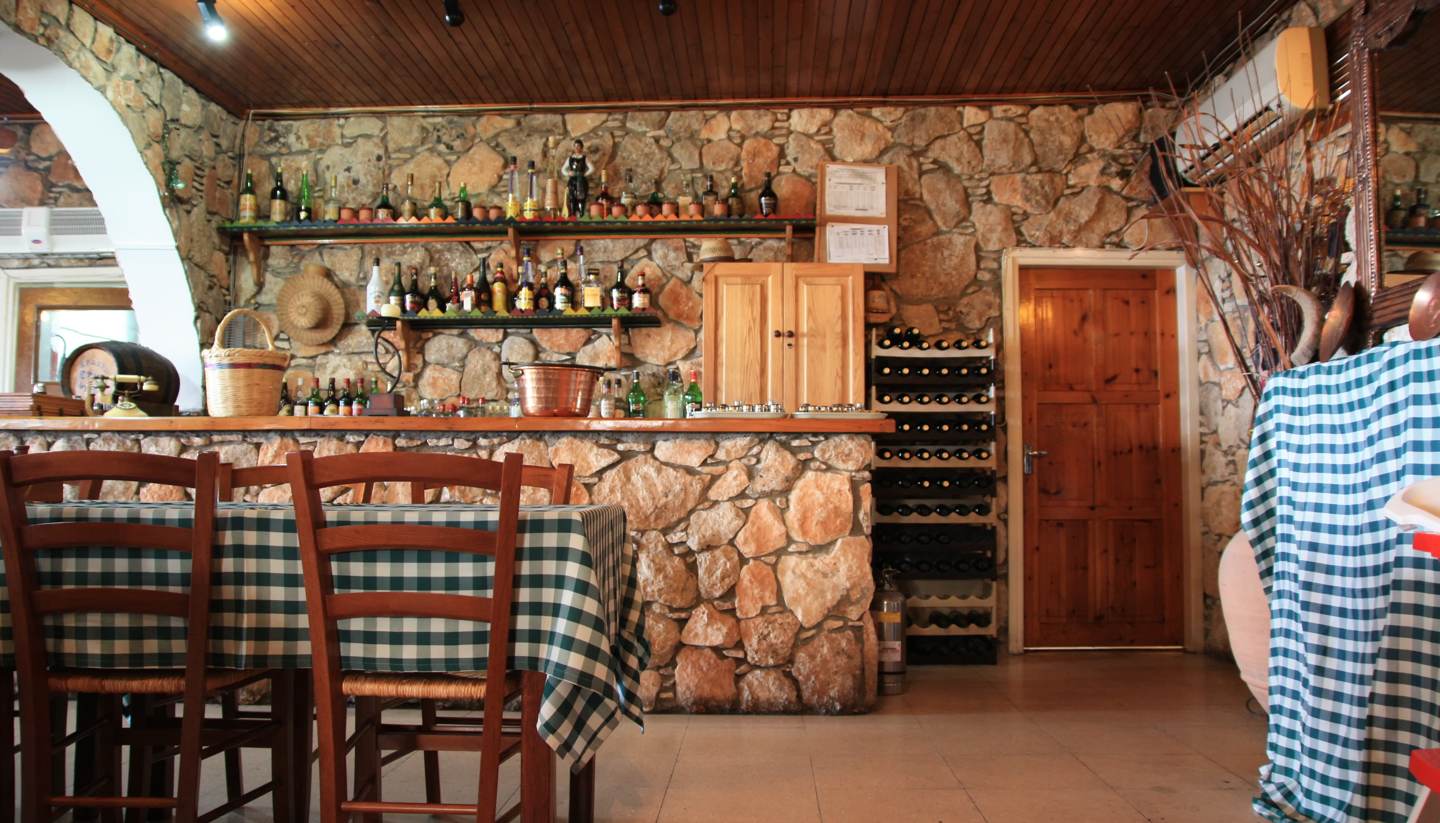Cyprus History, Language and Culture
History of Cyprus
Cyprus has a long history that incorporates nearly 12,000 years of human activity. It was first inhabited by Neolithic man and subsequently settled by the Mycenaean Greeks, before being conquered in turn by the Assyrians, Egyptians and Persians then seized by Alexander the Great in the fourth century.
It was incorporated into the Classical Roman Empire then the Eastern Byzantine Empire and following a brief rule by Arab caliphates fell to the English King Richard I. A year later he sold it to the Knights Templar, who in turn sold it to the French Lusignans before the Venetians assumed control in the late 15th century. They held it until 1571 when an all-out assault brought it under the control of the Ottoman Empire where it remained for three centuries before being leased to Great Britain in 1878.
Being close to the Suez Canal, the main route to India, under British rule Cyprus was a key military base. After WWI, during which Cyprus had been formally annexed by Britain, the newly created Turkish republic renounced any claim over Cyprus and in 1925 it became a British colony.
Greek and Turkish Cypriots fought on the Allied side during WWII, with thousands of Cypriots serving the British Army, however after the war nationalists began to agitate for self-determination, either as a nation in its own right, or as part of Greece or Turkey. In the event, Cyprus gained independence in 1960 with the charismatic Archbishop Makarios III as its first president.
The island remained fraught with ethnic tension and independence fell apart in 1974 when Makarios was deposed by the Greek military junta. Within days, Turkish troops invaded, the Greeks failed to respond effectively and only after Turkey had taken control of the northern third of the island was a ceasefire arranged by the United Nations with a buffer zone now known as the “Green Line.”
Cyprus has remained partitioned ever since by a divide that runs through the heart of its capital Nicosia. In mid-2015 the president of Cyprus Nicos Anastasiades and Turkish-Cypriot leader Mustafa Akinci met and resolved to work towards ending its partition. Anastasiades and Akinci released a joint statement in October of 2018 that crossing points at Lefka/Aplici and Deryneia/Derinya would open the following month, but general reunification talks are still stalled due to disagreements over shared power and security provisions. Watch this space.
Did you know?
• Legend has it that the Greek goddess of love, Aphrodite, emerged into the world from the surf off what is today known as Aphrodite’s Beach.
• The Cypriot dessert wine, Commandaria, is the oldest named wine in the world.
• The writer Lawrence Durrell lived on Cyprus from 1952 until 1956.
Cyprus Culture
Religion in Cyprus
Greek Orthodox is the main religion of Cyprus, with Islam the most prominent in the north.
Social Conventions in Cyprus
The family, which includes the extended family, is at the centre of Cypriot society. Particular respect is shown to elders. It is not uncommon to see great, great relatives cradling tiny babies, especially at family occasions and festivals. Religious beliefs are also at the core of society and all members of the family are expected to attend church regularly.
It is customary to shake hands when greeting, irrespective of whether you have just met or have known the person a long time. Normal courtesies should also be observed. It is viewed as impolite to refuse an offer of Greek coffee or a cold drink. For most occasions, casual attire is acceptable. Beachwear should be confined to the beach or poolside. More formal wear is required for business, and in more exclusive dining rooms and social functions.
Photography is forbidden near military camps or installations. A licence from the appropriate authorities is required to photograph museum artefacts - this can sometimes be purchased from the museum's ticket desk. No flash photography is allowed in churches with murals or icons. Authorization from authorities is required in advance to photograph archeological sites, military zones and the demarcation line, underwater and by air.
Language in Cyprus
The majority of Cypriots (approximately 80%) speak Greek and approximately 11% speak Turkish. The Greek Cypriot dialect is different from mainland Greek. Turkish is spoken by Turkish Cypriots. English, German and French are also spoken in tourist centres.



